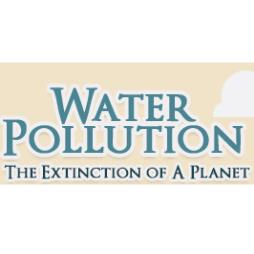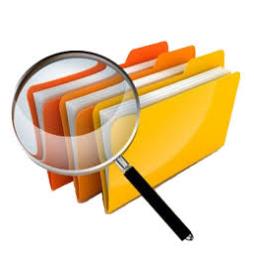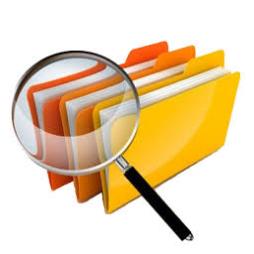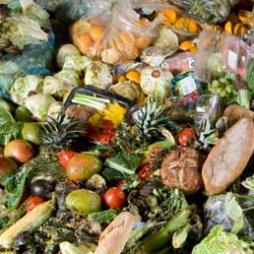Water pollution: the extinction of a planet - Published July 15, 2015
09-08-2015
By now most of us will be aware that the Earth has finite resources of fossil fuels like coal, oil, and gas; but how much thought have you given to our finite supply of water? We’re always being urged to recycle, and told of greener energy sources like wind and water, but how much water can we really spare for the generation of electricity?
***The Crisis***: Our planet has a limited amount of water, which is constantly being used, cleaned, and recycled, but it is also being increasingly polluted, rendering it unusable in some cases. There’s a total of around 1386 million cubic kilometres of water available on Earth, but only 10.7 million cubic kilometres of that is fresh water. Of the 7 billion people estimated to live on Earth, around 1.5 billion lack access to clean, safe water.
***Water Pollution***: Our supply of water is greatly limited, and as the world’s population continues to grow, the situation is only going to get more extreme. To make matters worse, humankind is actively polluting the water supply every day via industrial waste disposal, rubbish disposal, and oil spills. According to statistics, around 10,000 children under the age of five die each day in Third World countries as a result of water-borne diseases; and freshwater animals are disappearing five times faster than land-based animals.
***Saving the drops***: There are more than 9,000 waste water treatment plants in the UK, treating over 11 billion litres of waste water each day. The infographic below explains a bit more about the world’s current water situation, but there are plenty of ways that you can help to reduce the amount of waste water:
- Don’t flush the toilet every time, only flush when you really have to.
- Use a cistern displacement device in your toilet to reduce the volume of water per flush.
- Make sure the dishwasher is full before you switch it on, or just wash up in the sink instead.
- Don’t leave the tap running while you brush your teeth, just turn it on to rinse at the end.
- Make sure your washing machine is full, or use the ‘half load’ function if it has one.
- Collect rainwater in your garden and use it to water your plants or wash your car.
- Take showers instead of baths, and be as quick as you can.





